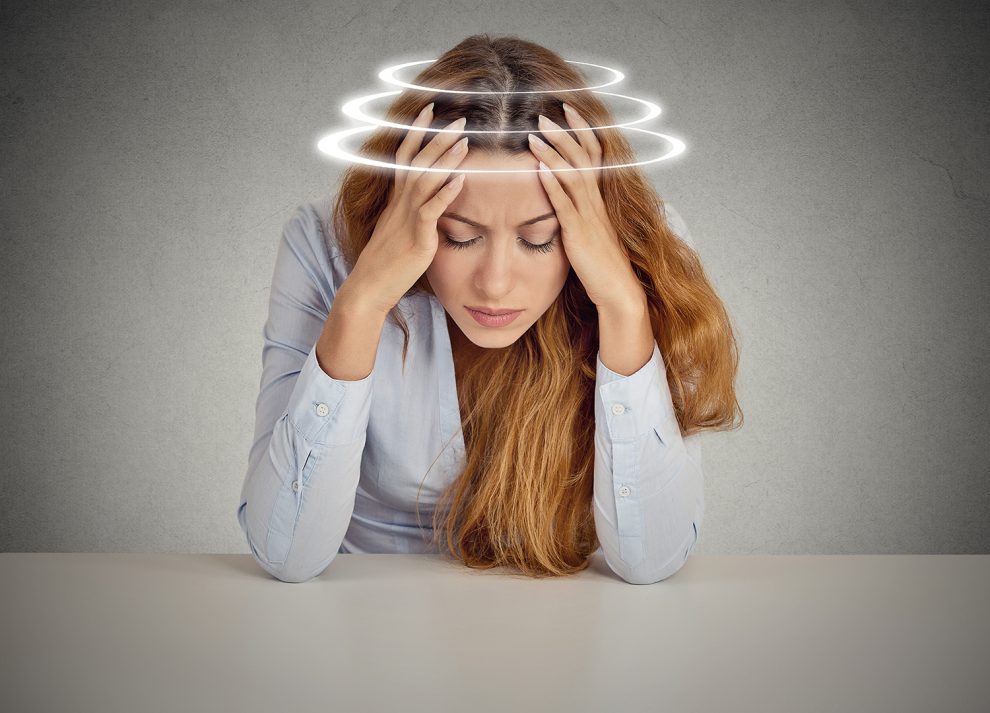Those dizzy spells felt when standing up too quickly have been linked to cognitive decline and dementia later in life.
US scientists believe the brief drop in blood pressure that causes the dizziness – known as orthostatic or postural hypotension – may result in lasting damage to the brain.
The reduced blood flow is thought to cause vascular damage.
A longitudinal study has found those who suffered from orthostatic hypotension in middle age were 40 per cent more likely to develop dementia 20 years later than those who did not.
They also reported 15 per cent more cognitive decline.
The team of researchers tested 11,503 Americans with an average age of 54 who were taking part in a large study looking at the risk of artery disease in four US communities.
After lying down for 20 minutes, each participant was asked to stand and had his or her blood pressure taken.
Approximately six per cent of the participants met the criteria for orthostatic hypotension.
“Even though these episodes are fleeting, they may have impacts that are long lasting,” said lead researcher Dr Andreea Rawlings, from the Johns Hopkins Bloomberg School of Public Health.
“We found that those people who suffered from orthostatic hypotension in middle age were 40 per cent more likely to develop dementia than those who did not. It’s a significant finding and we need to better understand just what is happening.”
The findings were presented at the American Heart Association’s Epi/Lifestyle 2017 meeting in Portland, Oregon.
Previous research has suggested a connection between orthostatic hypotension and cognitive decline in older people, but this appears to be the first study to look at long-term associations.
Dr Rawlings noted it was not possible to determine whether the orthostatic hypotension was an indicator of some other underlying disease, or whether the drop in blood pressure itself is the cause.
But she said it’s likely the reduction in blood flow to the brain – however temporary – could have lasting consequences, and more investigation into this possible dementia risk factor is needed.
An estimated 6.4 million Australians will be diagnosed with dementia in the next 40 years.
According to the experts, the best way to reduce dementia risk is lifestyle changes in middle age.
These include looking after the heart by lowering cholesterol and blood pressure, staying physically active and eating well, challenging the brain and remaining socially connected.
Source: AAP





















Add Comment